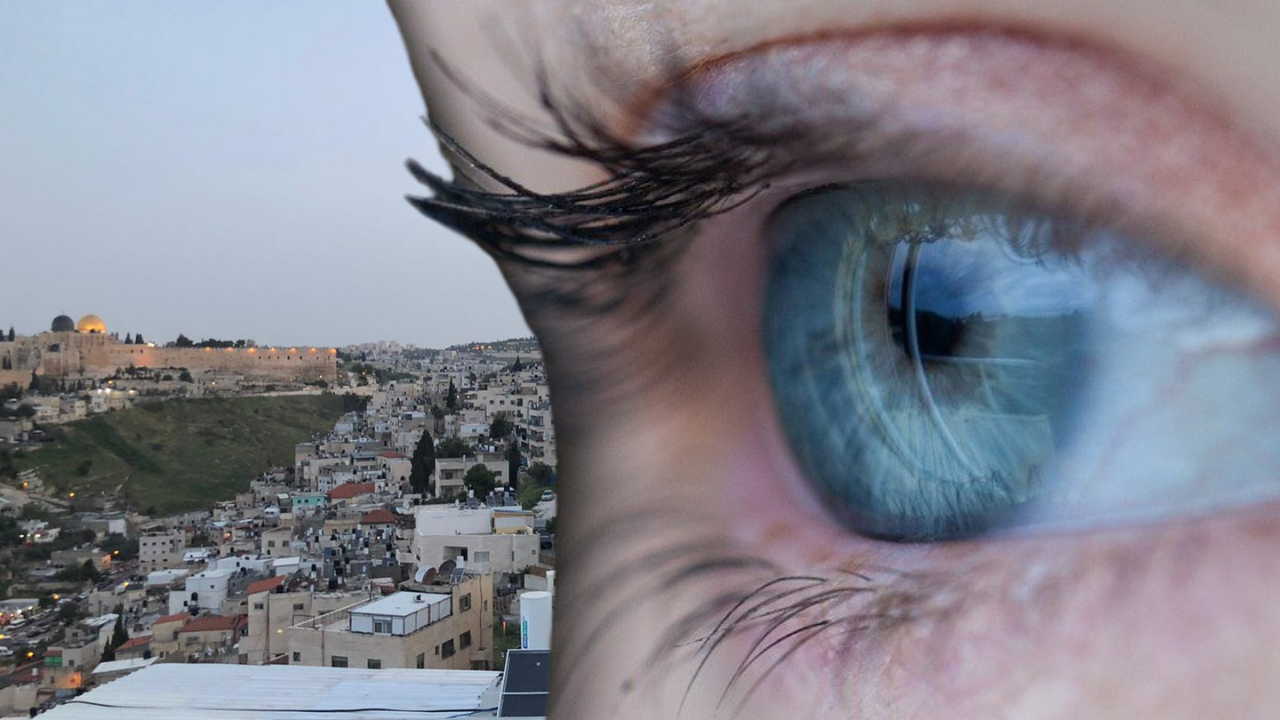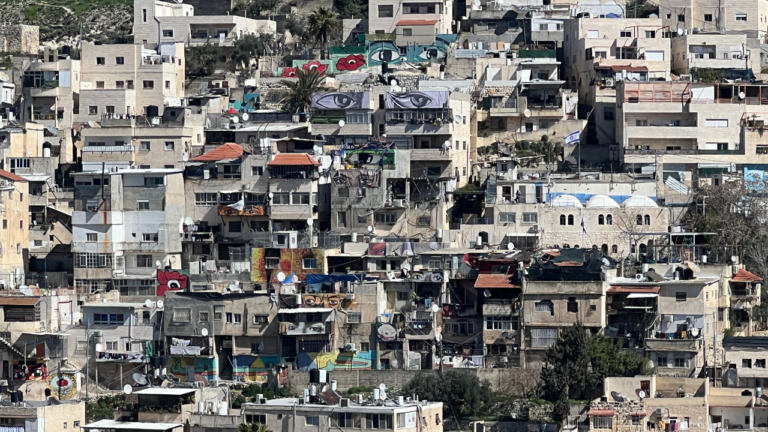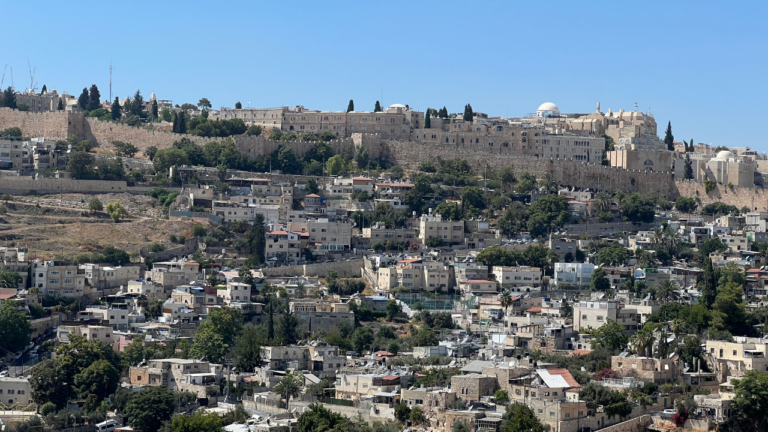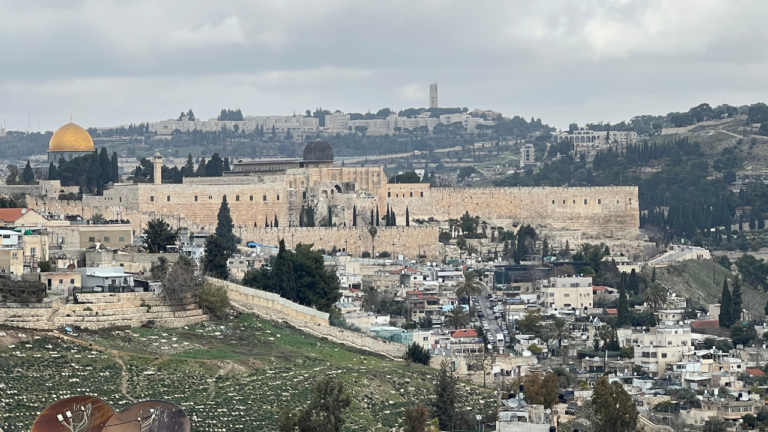The “Eye” of God
When Yitro tells Moshe that he wants to go back to Midian, Moshe tries to convince Yitro to stay. He describes the special status that Yitro would have amongst the Jewish people in the desert and then in the Land of Israel:
Please do not leave us, inasmuch as you know where we should camp in the wilderness and can be our eyes. So if you come with us, we will extend to you the same bounty that God grants us.
Most of Moshe’s plea is readily understandable. But what does it mean that Yitro would be “the eyes” of the Jewish people?
The Midrash offers several possibilities for this ambiguous title including that Yitro would serve as an example for other potential converts or he would server as a judge. The final interpretation of the midrash, though, goes as follows:
“and you can be an eye for us” – That you will be as beloved as the circle of one’s eye, as the verse states: ‘And you shall love the convert,” “and you shall not pressure a convert.”
In other words, an “eye” is the object of much love, care, sensitivity and attention. That would have been Yitro’s position had he stayed with the Jewish people.
With this understanding of the metaphorical meaning of “eye” we can better understand the various usages of the “eye” regarding Yerushalayim. For example, when the Beit HaMikdash is finally completed, God tells Shlomo:
I have heard the prayer and the supplication which you have offered to Me I consecrate this House which you have built and I set My name there forever. My eyes and My heart shall ever be there.
Similarly, when Dovid dedicated himself to starting the process of building the Beit HaMikdash he said:
I will not give sleep to my eyes, or slumber to my eyelids until I find a place for God, an abode for the Mighty One of Yaakov.”
Dovid favored to identify his “eye” with the Beit HaMikdash as opposed to its natural function of sleep. God reciprocally responded by promising that His eye would always be set upon Yerushalayim and the Beit HaMikdash.
Our mission, then, is to emulate Dovid by making Yerushalayim as precious and beloved as our own eyes. We must elevate Yerushalayim to the status of an “eye” in our mind’s eye and have our love for the city constantly in our hearts. This, then, will be a merit towards the ultimate redemption when “our eyes will see when You return to Zion with mercy.” May our prayers be answered speedily in our days.



